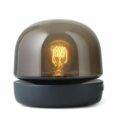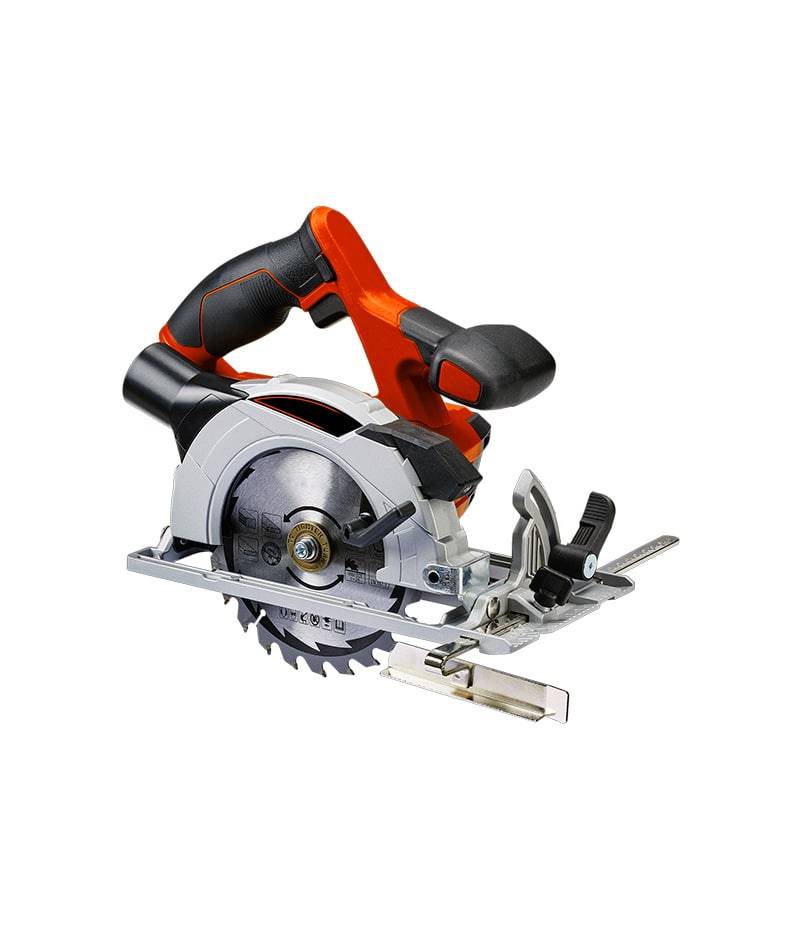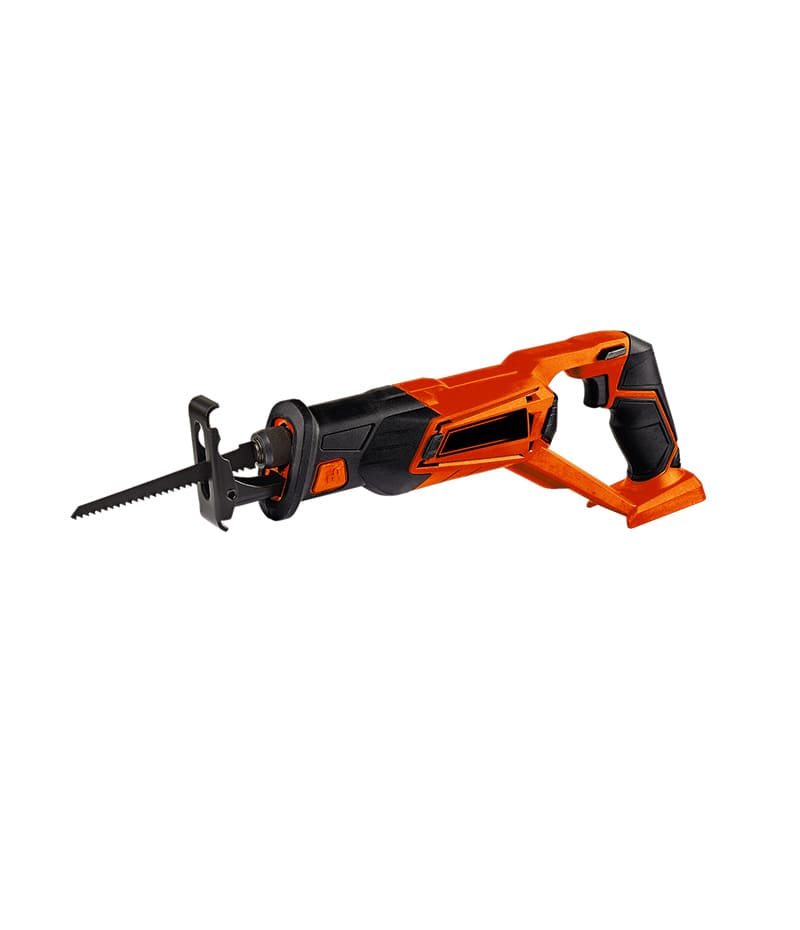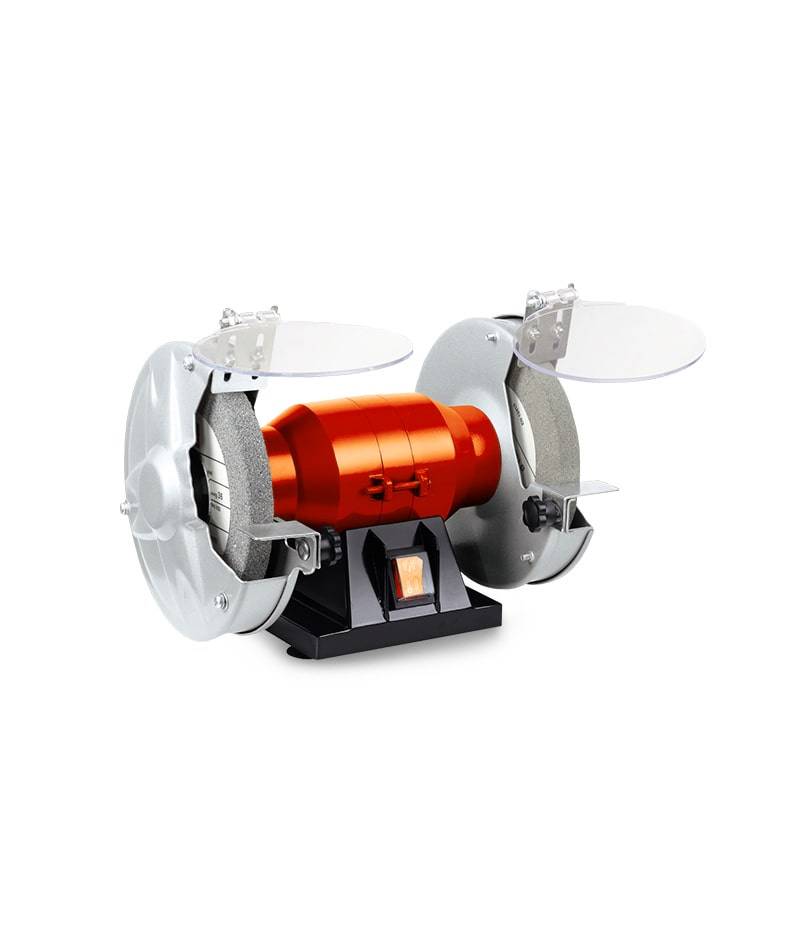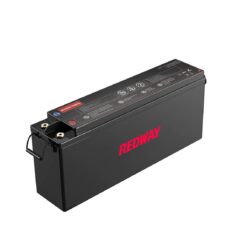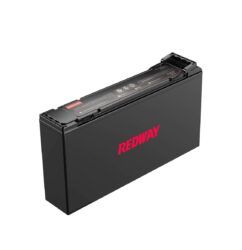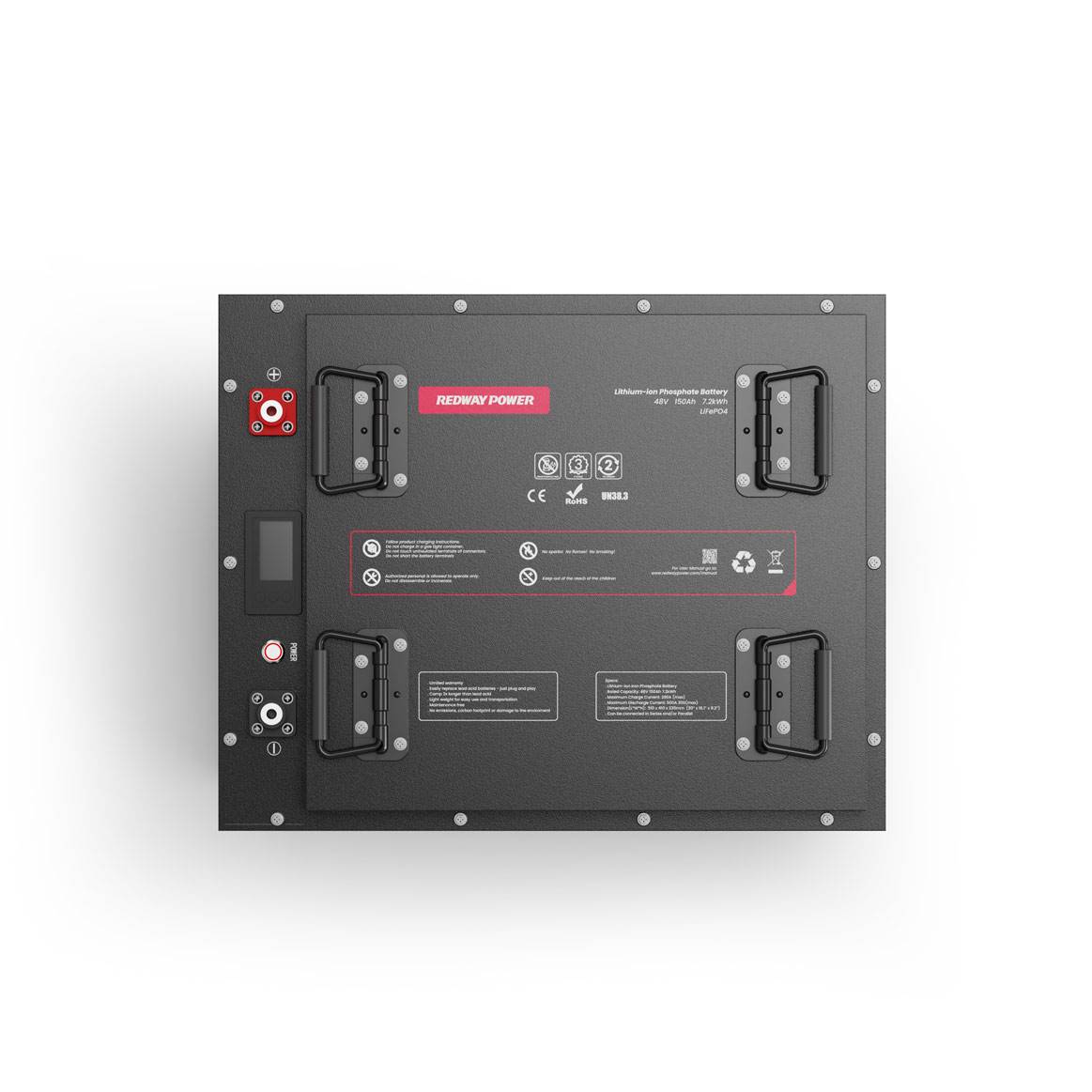Deep cycle lithium batteries are a type of rechargeable battery that are designed to provide a consistent and reliable source of power over an extended period of time. These batteries are often used in applications that require long-term power, such as in RVs, boats, solar energy systems, and off-grid power systems.
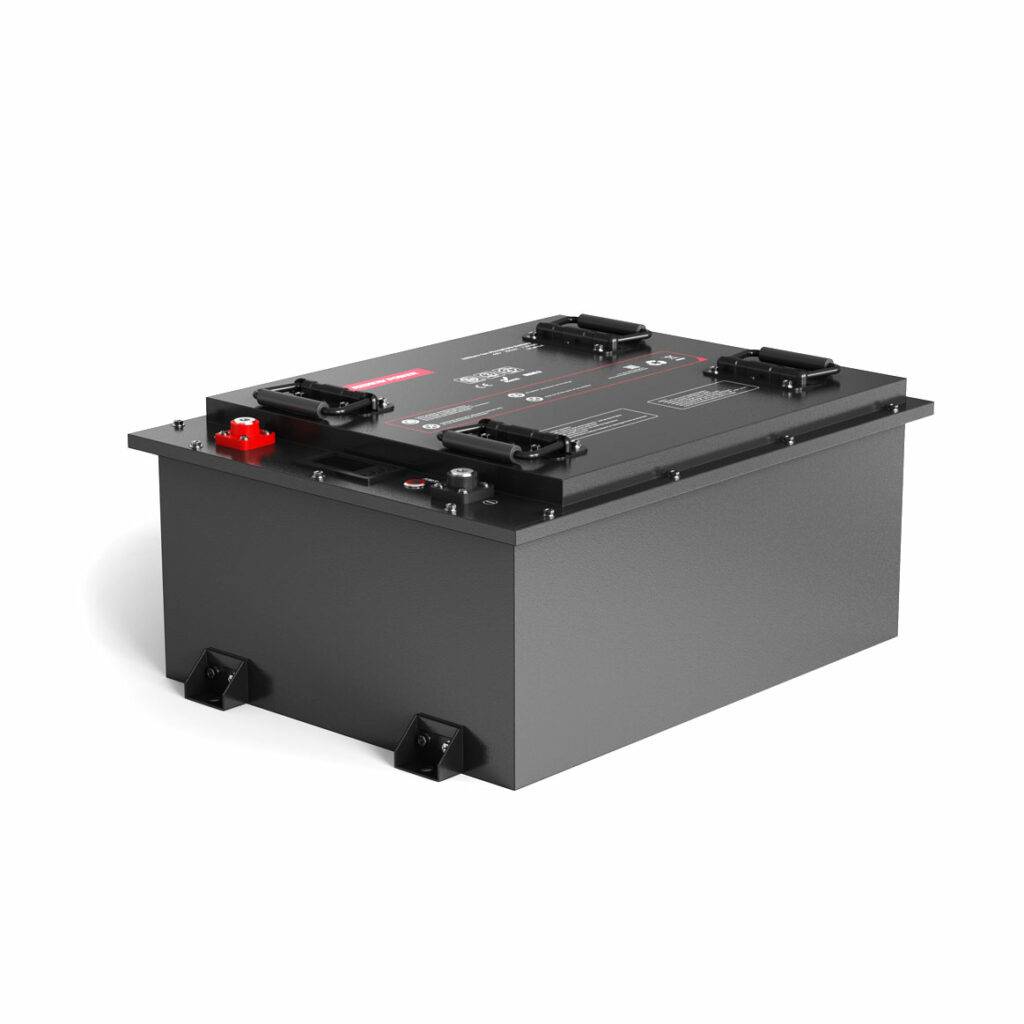
#post_seo_title
What is a deep cycle lithium battery?
A deep cycle lithium battery is a type of rechargeable battery designed to provide a steady and consistent flow of power over an extended period. Unlike traditional batteries, which are designed for short bursts of energy, deep cycle batteries can be discharged up to 80% without damaging the cells or reducing their lifespan.
The term “deep cycle” refers to the process in which the battery discharges its stored energy over an extended period. This makes them ideal for use in applications where continuous power is required such as RVs, boats, solar systems, and electric vehicles.
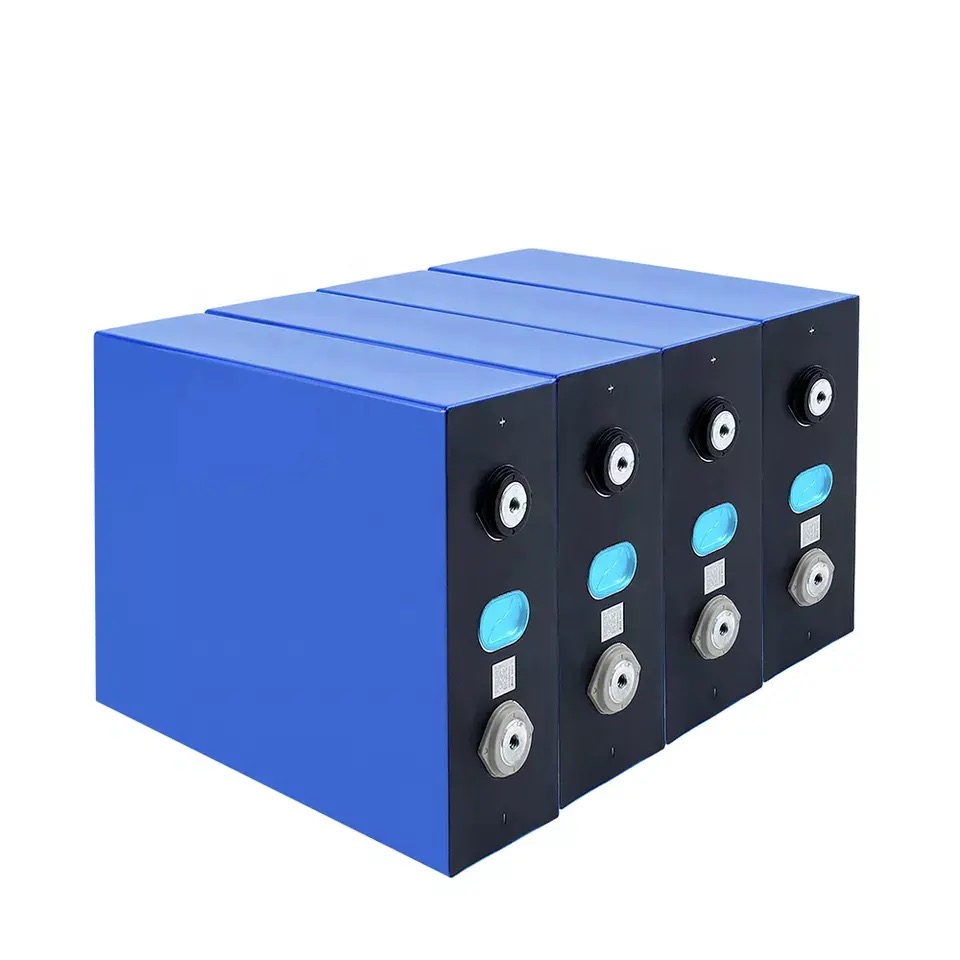
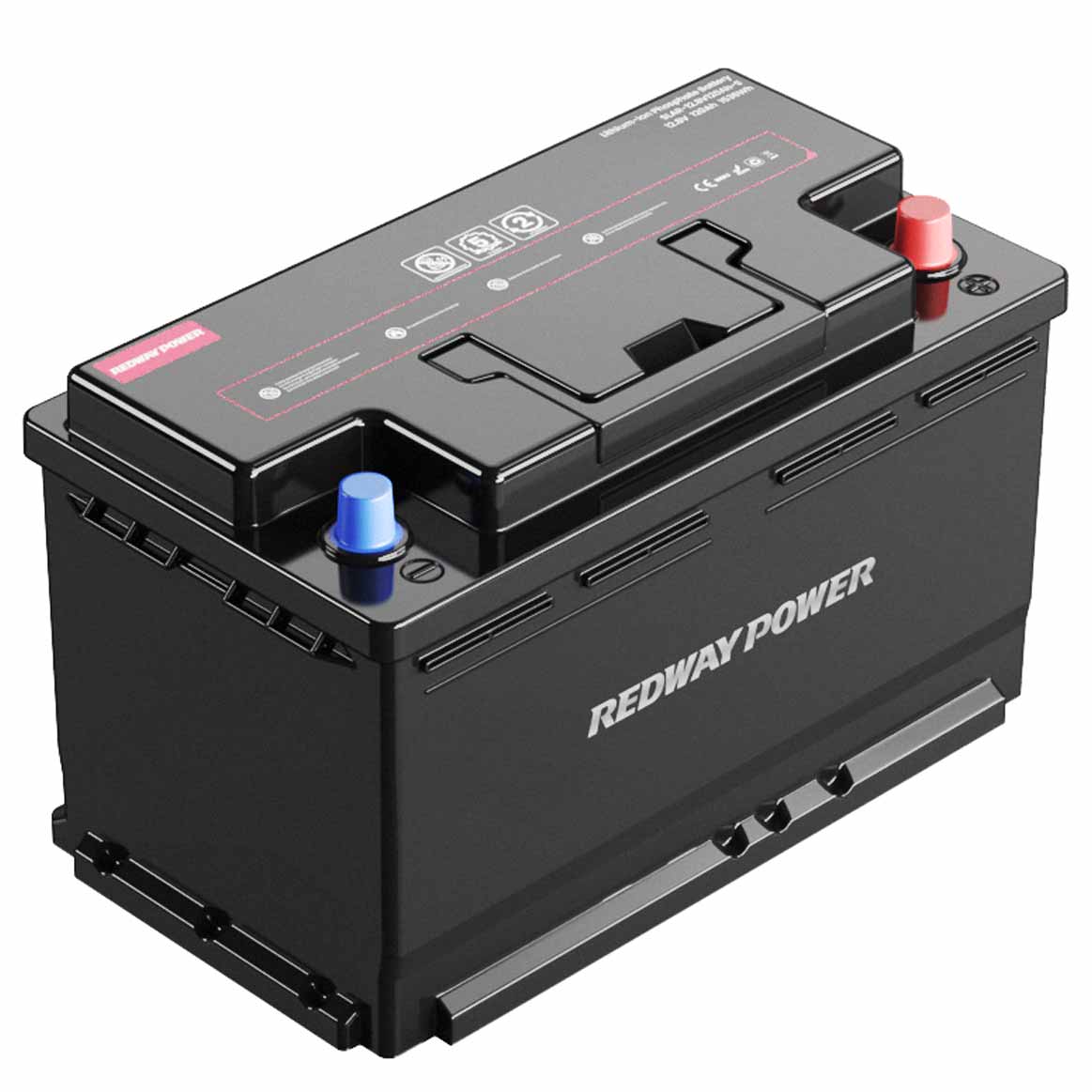
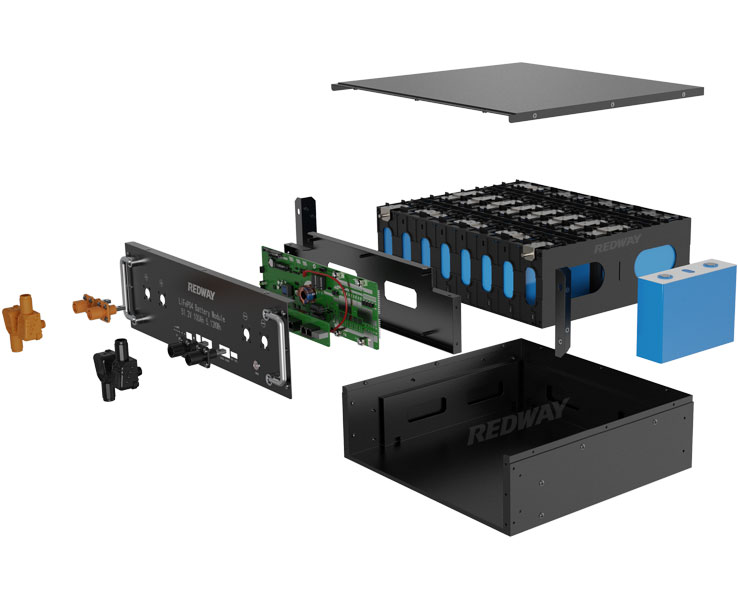
Lithium-ion technology has revolutionized the world of deep cycle batteries by providing a lightweight and high-performance alternative to lead-acid batteries. Lithium-ion batteries have a higher energy density than other types of rechargeable batteries meaning they can store more energy in less space.
However, it’s worth noting that not all lithium batteries are created equal – there are many different chemistries used within these types of cells with varying performance characteristics. Therefore, it’s essential to do your research before purchasing one to ensure you get the best option for your needs.
How do deep cycle lithium batteries work?
Deep cycle lithium batteries work by using a chemical reaction to produce electrical energy. The battery contains two electrodes, the anode and cathode, separated by an electrolyte. When the battery is connected to a circuit, electrons flow from the negative terminal of the anode to the positive terminal of the cathode.
During discharge, lithium ions move from the cathode to the anode through the electrolyte, creating a flow of electrons that can power devices like boats or RVs. The reverse happens during charging, where lithium ions move back towards their original position in the cathode.
Unlike traditional lead-acid batteries that experience significant voltage drops as they discharge, deep cycle lithium batteries maintain stable voltages throughout use. This makes them more efficient at delivering consistent power over long periods of time without experiencing significant degradation.
Deep cycle lithium batteries are highly reliable and offer superior performance compared to other types of rechargeable batteries on top of being lightweight and maintenance-free. However it’s important for buyers to understand what they need and look for when shopping around for one before making any purchase decisions.
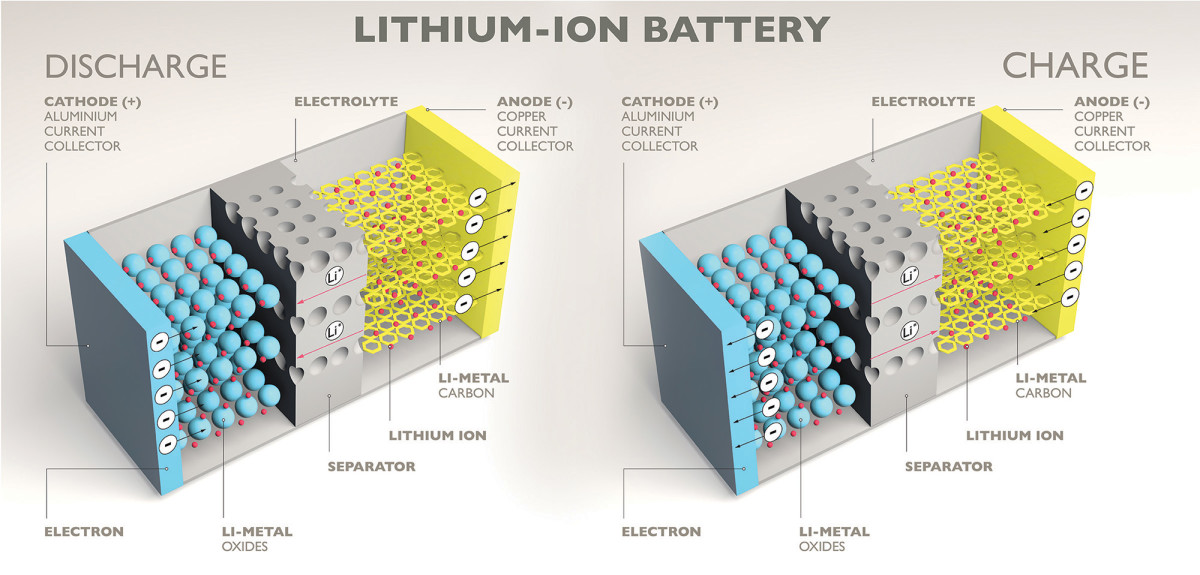
What is the life of a lithium deep cycle battery?
The life of a lithium deep cycle battery is one of its most attractive features. Unlike traditional lead-acid batteries, which may last three to five years on average, lithium deep cycle batteries can last up to ten years or more with proper care and maintenance.
However, the lifespan of a lithium deep cycle battery largely depends on several factors such as the quality of materials used in manufacturing the battery, charging and discharging cycles, temperature conditions during use and storage.
Lithium-ion batteries have a limited number of charge/discharge cycles before they start to degrade. This means that if you frequently discharge your battery completely before recharging it fully, this can reduce its overall lifespan.
To maximize the life span of your lithium deep cycle battery, it’s essential to follow manufacturer recommendations for charging rate and depth-of-discharge limits while also ensuring that you store your battery properly at all times.
Investing in a high-quality lithium deep cycle battery is worth considering due to their longer lifespans compared to other types of batteries.
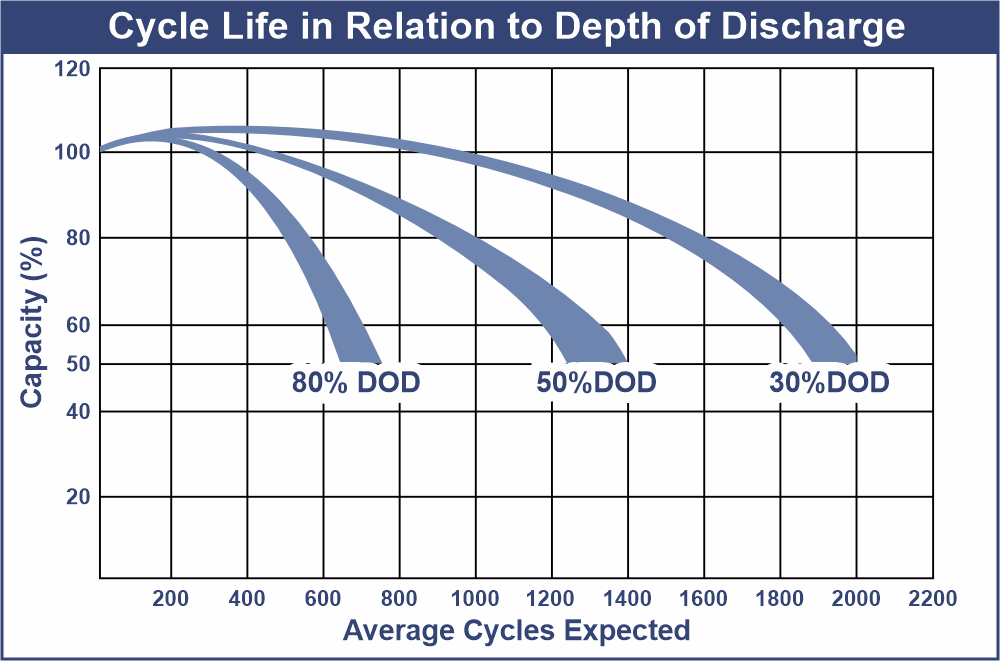
Are lithium deep cycle batteries worth it?
Are lithium deep cycle batteries worth it? This is a question that many people ask themselves when considering purchasing a new battery. The answer to this question depends on your specific needs and circumstances.
Lithium deep cycle batteries have several advantages over traditional lead-acid batteries. They are much lighter and more compact, making them easier to transport and store. Additionally, they have a longer lifespan than lead-acid batteries, meaning you won’t need to replace them as often.
However, with these benefits come higher costs. Lithium deep cycle batteries can be significantly more expensive than lead-acid batteries upfront, although the long-term cost savings may make up for this initial investment in some cases.
Furthermore, it’s important to consider what you will be using the battery for before deciding if it’s worth the investment. If you’re using it for occasional camping trips or weekend boating excursions, then an inexpensive lead-acid battery may suffice. However, if you rely heavily on your battery for off-grid living or running critical equipment during power outages, then investing in a high-quality lithium deep cycle battery could be worth every penny.
Ultimately, whether or not lithium deep cycle batteries are worth it depends on your individual needs and budget. It’s important to do your research and weigh the pros and cons carefully before making any purchase decisions.
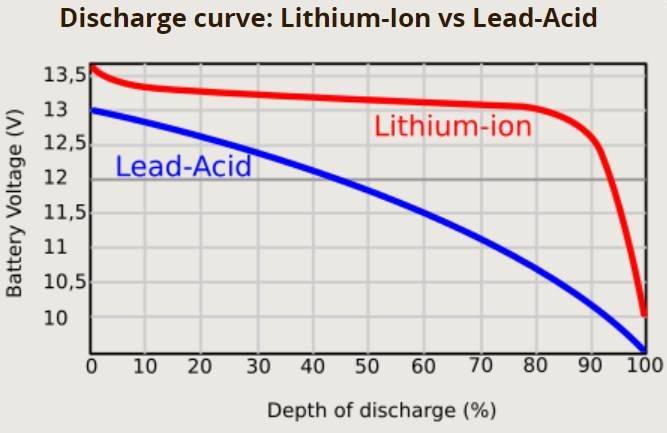
What to look for when buying a lithium deep cycle battery?
When shopping for a deep cycle lithium battery, there are several important factors to consider. The first is the capacity of the battery, which is measured in amp-hours (Ah). This determines how long your battery will last between charges. It’s important to choose a capacity that meets your needs without being excessive, as higher capacities can be more expensive.
Another factor to consider is the voltage of the battery. Most deep cycle batteries have a voltage of 12V or 24V, but it’s important to check what voltage your system requires before making a purchase.
The weight and size of the battery are also important considerations if you plan on moving it frequently or have limited space available for installation.
It’s also crucial to choose a reputable brand with good customer reviews and warranties. A reliable manufacturer will ensure that their products meet safety standards and are designed with longevity in mind.
Consider whether you need additional features such as overcharge protection or built-in monitoring systems that allow you to track the performance of your battery over time. These features may add cost upfront but can save money in the long run by preventing damage and maximizing lifespan.
What is the biggest problem with lithium batteries?
While deep cycle lithium batteries have revolutionized the way we store and use energy, they do come with their own set of challenges. One of the biggest problems with lithium batteries is their sensitivity to temperature fluctuations. Extreme hot or cold temperatures can significantly reduce the battery’s performance and lifespan.
Moreover, improper charging or discharging can also damage lithium batteries. Overcharging, undercharging, or leaving a battery discharged for an extended period can cause irreversible damage to its cells.
Despite these challenges, deep cycle lithium batteries remain a popular choice for those who need reliable and long-lasting power storage solutions. With proper care and maintenance, these batteries can provide years of trouble-free service.
If you’re in the market for a deep cycle lithium battery, be sure to consider your specific needs and requirements before making a purchase decision. Look for reputable brands that offer high-quality products backed by solid warranties and customer support. By doing so, you’ll ensure that you get the best value for your money while enjoying all the benefits that deep cycle lithium batteries have to offer!
Overall, deep cycle lithium batteries are a great choice for applications that require a reliable and long-lasting source of power. They offer high energy density, long lifespan, fast charging, lightweight design, and low self-discharge rate, although they can be more expensive than other types of batteries.




